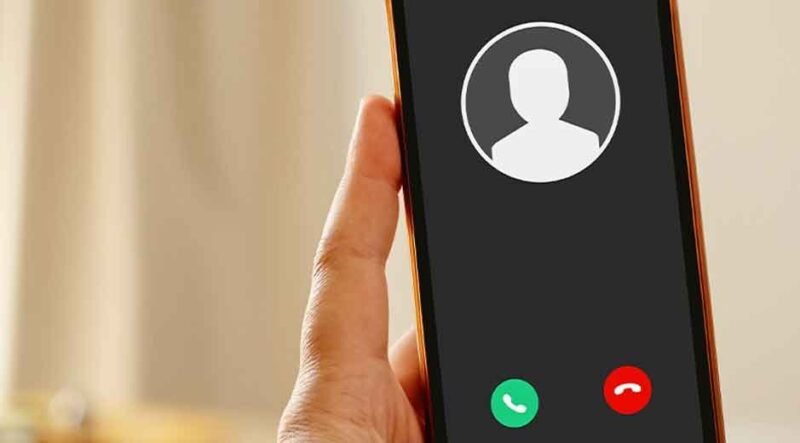What Even Is a Virtual Phone Number?
So, here’s the deal. A virtual phone number is a real phone number, but it’s not tied to a specific phone or SIM card. That means it works through the internet. You can call, text, or get messages just like with any regular number. The difference is that it lives in the cloud, not in your pocket. It doesn’t belong to a phone—it belongs to you.
These numbers are super popular for businesses, travelers, and anyone who wants to keep their real number private. And no, using one isn’t shady or illegal. It’s actually a smart and completely normal thing to do now.
In fact, you may want to Rent Virtual Number to see how this can get you started. Companies let you choose a temporary or long-term number, which is especially useful if you’re signing up for something online or testing an app that asks for a phone number but doesn’t really need your real one.
Why Would Anyone Use a Number That Isn’t Theirs?
Honestly, there are more reasons than most people think.
One of the biggest? Privacy. Giving out a real phone number means that number can get passed around. Ever wonder why those random spam calls keep showing up? It’s probably because your number ended up on a list somewhere. Using a virtual number can help stop that from happening.
Another reason? Separation. Some people like having one number for personal stuff and another for school, work, or online things. That way, messages and calls stay organized. No more weird texts from strangers mixed in with chats from friends.
And for teens or younger users, it’s also about staying safe online. Signing up for social media, gaming sites, or giveaways sometimes asks for a number. Instead of using a personal one, a virtual number works just as well—and protects your real info.
Is It Actually Legal?
Yes. One hundred percent.
As long as the number isn’t being used to break rules—like scamming people or pretending to be someone else—using a virtual number is totally fine. Tons of companies and even schools use them. They’re also used in two-factor authentication, where you need a number to confirm your identity.
The idea that “using a number that isn’t yours must be illegal” just isn’t true anymore. It’s just technology doing what it’s meant to do: giving people more options and control.
How It All Works Behind the Scenes
Here’s the cool part. When someone sends a message to a virtual number, that message gets sent to a web-based inbox or app instead of going to a phone. Calls can be forwarded, and texts show up on your screen through the service you picked.
You don’t even need to download anything fancy in most cases. Just log in, grab the number, and start using it. It’s especially helpful if you need a number for just a short time—like signing up for a free trial or verifying a profile. Once you’re done, the number can be deleted or replaced.
And the best part? There’s no contract, no long-term plan, and usually no big cost.
Who Actually Uses These?
It’s not just tech people or businesses. Lots of regular users rely on virtual numbers now. Here are a few examples:
- People selling stuff online who don’t want to give out their real number
- Students or part-timers with side jobs who need a separate work number
- Travelers who want to keep their home number safe while overseas
- Social media users signing up for new accounts without linking their real number
- Anyone tired of spam calls or texts from unknown numbers
Basically, it’s for anyone who wants more control over who can reach them.
What Happens If the Number Gets Deleted?
This is important to understand. Most virtual numbers are temporary unless you choose a long-term one. If the number is deleted or expires, any calls or texts to it won’t go anywhere. That’s why they’re best used for things you don’t need to keep forever—like verification codes or trial accounts.
But for stuff that’s more important, there are options to rent a number long-term. That means you get to keep it for as long as you need, and you won’t lose any messages or calls. It’s kind of like having a second phone—without the actual phone.
So, Is It Worth Trying?
In most cases, yes. Especially for people who sign up for a lot of online services or want a clean way to keep personal and public stuff separate. The setup takes only a few minutes, and the benefits last way longer than expected.
It can also be a big help for parents who want to let kids access certain websites or apps without tying them to a real phone number. That adds a layer of safety without taking away freedom.
And let’s be real—nobody likes getting nonstop calls or weird texts. If using a virtual number helps avoid that, it’s definitely worth a try.
Key Takeaways
Using a phone number that isn’t tied to a specific phone is not only legal, but smart. Virtual numbers help protect privacy, stop spam, and keep online life way more organized. They’re easy to set up, don’t cost much, and can be used for everything from signing up for an app to creating a second line for school or part-time work.
Most importantly, they give people more control. And in a world where phones are used for almost everything, that control really matters.
Have questions about how it works? Try one out and see. You might wonder why you ever gave out your real number in the first place.








